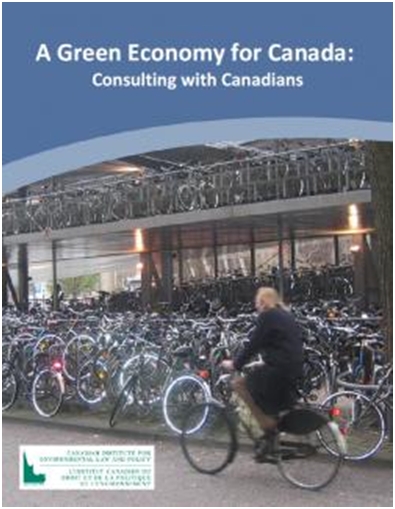Will the green-economy train take Africa to the right destination?
I WAS afforded a glimpse into the world of climate change last week at the 2011 African Economic Conference in Addis Ababa and observed how the debate has taken on almost religious proportions. The event, on the theme of Green Economy and Structural Transformation, and hosted by the African Development Bank (ADB), the United Nations (UN) Development Programme and the UN Economic Commission for Africa, looked at what African countries should be doing to get in step with the global green trend to counter climate change.
Africa faces particular challenges, given that it suffers from so many development challenges already, which some fear may be made worse by trying to keep pace with the global “green” drive.
The sheer weight of funding and initiatives are good reason to believe something positive may emerge from the hysteria about the world’s condition. The expectation is that Africa will benefit from new investment in technologies and infrastructure that will improve the quality and sustainability of growth.
Global action on climate change also offers an opportunity for a new engagement with African governments and policy makers on improving economic efficiency. This is all good but perhaps unrealistic given that a lack of political will to improve the economic environment has been a brake on development in the past.
The fact that all African countries are confronting challenges as a result of climate change is not a sufficient driver of change in Africa. Countries have always faced climate challenges. In a key affected sector — agriculture — issues of land tenure and associated lack of collateral and access to credit still hamper Africans’ ability to have food security .
Two of the most serious problems attributed to climate change, deforestation and land degradation, are caused largely by unchecked commercial exploitation, rural energy needs and poor farming practices.
original article published at www.uncsd2012.org

